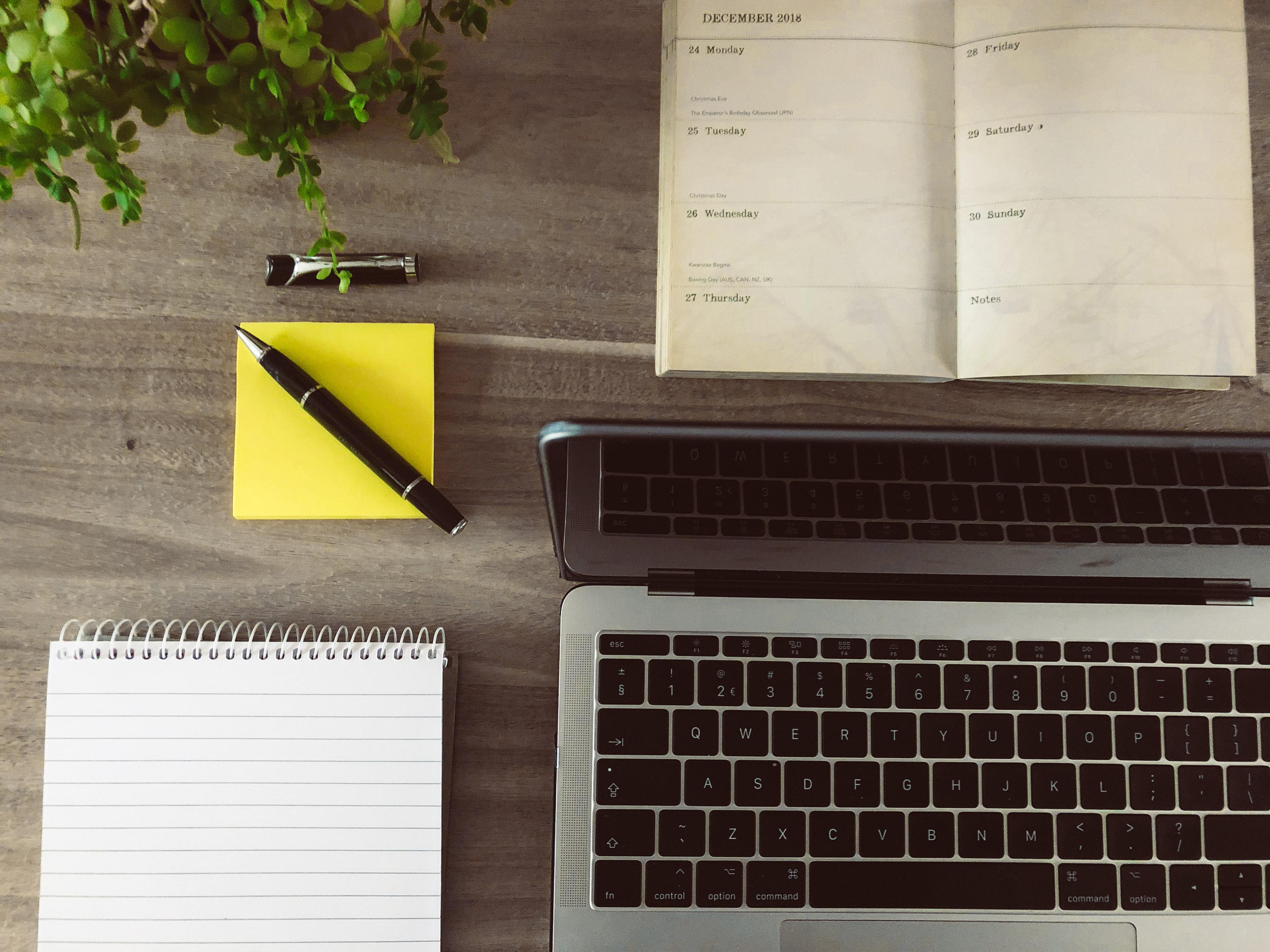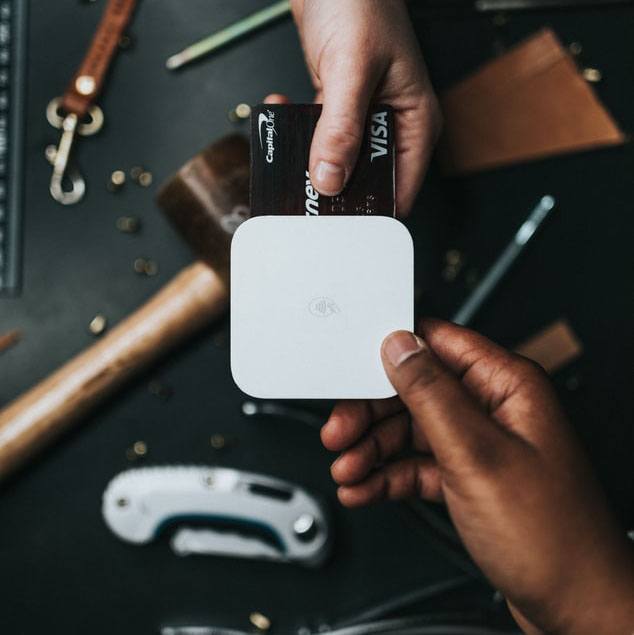
Simplified expenses if you’re self-employed
25th May 2020
HMRC Penalty Minimisation
14th September 2020For both self-employed and limited company directors or employees, there is one thing in common, any expenses must be wholly and exclusively business related. This applies all the way through. Combined business and personal travel or subsistence expenses are not allowed. You must always deduct any non-business element.
Self Employed
These expenses qualify:
- Travel for work outside the normal commute.
- Food and drink during the day on journeys outside the normal pattern of work.
- Overnight accommodation on work journeys.
- Dinner and breakfast when staying overnight.
These expenses don’t:
- Normal commute to and from base of work.
- Food and drink on journeys as part of the normal pattern of work.
- Parking fines, speeding tickets and other penalties.
- Travel costs not exclusively for work
The first thing you need to think about is your base of work, so that you can work out what is your ordinary commute. If you rent working space anywhere then it is generally straightforward as that will be your base of work. If you mainly work from home then that will usually be your base. If you don’t rent space and are generally out and about e.g. joiner, then your base might also be home. This is particularly true if you are claiming use of home as an office as part of your expenses.
You can’t include any expenses for your journey between your home and base of work as this is considered to be part of your ordinary commute. Other travel outside the ordinary commute is generally allowed provided it is wholly and exclusively for work purposes. You can claim motor expenses either by mileage or full cost (more on this in a future post). You can also claim other travel expenses such as airfares, rail, taxis, bus, congestion charge, toll charges.
You can’t claim for penalties and fines, so no speeding or dodgy parking. You also can’t claim for Oyster card top-ups if you also use the card for personal travel.
Everyone must eat to live, says the tax office, which means that in general you can’t include your day to day meals as a business expense. However, there is recognition that meals while out and about travelling can end up costing more. It all comes down to whether the journey is one that you make infrequently and outside your normal pattern of work?
If the travel is part of your normal pattern of work then you can’t have any meals during the day e.g. a joiner travels and works out and about at various client sites. The travel costs are allowable but the subsistence is not because it is part of the normal work pattern.
If the journey is more of a one-off and not part of the normal work pattern then you can include meal expenses during the day e.g. web designer working from home can include both travel and meals costs for a whole day out at a conference.If your business requires a trip with an overnight stay then you can claim for the cost of the accommodation and reasonable expenses for the evening meal and breakfast.
Beware anything claimed for locations too close to your base of work might not be considered to be subsistence. Also bear in mind that the HMRC guidance says reasonable costs.
Beware alcohol is not subsistence unless it is purchased with a meal and even then it must be reasonable e.g. one drink or half a bottle of wine.
Limited Company- Directors and employees
These expenses qualify:
- Travel other than commute to and from permanent workplace.
- Food and drink on work journeys outside normal commute actual or day rates.
- Overnight accommodation on work journeys.
- Dinner and breakfast when staying overnight
These expenses don’t:
- Normal commute to and from permanent workplace.
- Parking fines, speeding tickets and other penalties.
- Travel costs not exclusively for work e.g. top up of travel card also used for non-work.
As a limited company director, it is different to being self employed. You are considered an employee in terms of expenses, even if you do not run a payroll scheme. In this capacity, you are effectively claiming your travel and subsistence expenses from the company and being reimbursed. In practise, if you are a one-person limited company you are probably not making a physical expenses claim, but you still need to abide by the same rules.
An employee has a permanent workplace and can actually have more than one permanent workplace. Anywhere that you work regularly e.g. at least once a week, on a long-term basis is a permanent workplace. Travel to and from your permanent workplace is classed as your ordinary commute.
If you are going somewhere to carry out a short-term task then it is a temporary workplace. If the task you are going to do lasts more than 2 years plus you are spending more than 40% of your time there, it becomes a permanent workplace and part of the ordinary commute (see HMRC).
The rules relating to temporary and permanent workplaces are actually quite complicated, so if your situation is not straightforward e.g. some contractors, then it is worth having a specific chat with your accountant. HMRC has also produced a guide for employers that gives further details 490 Employee Travel.
Travel costs for the ordinary commute to and from your permanent workplace are not allowed. Other travel outside the ordinary commute is generally allowed provided it is wholly and exclusively for work purposes. You are allowed travel costs to a temporary workplace where it costs you more than your normal commute.
You can claim motor expenses either by mileage or full cost. You can also claim other travel expenses such as airfares, rail, taxis, bus, congestion charge, toll charges.
You can’t claim for penalties and fines, so no speeding or dodgy parking. You also can’t claim for Oyster card top-ups if you also use the card for personal travel.
Again HMRC generally follows the eat to live rule, however meal expenses for employees are allowed where they are part of the necessary travelling in the course of the job. This does give a bit more leeway than for a sole trader. However, this is an extremely subjective area and certainly not black and white.
Lunch bought at motorway services or a train station for a one-off journey is more than likely OK as you are obviously travelling and having to pay extra because of it. However, the more the journey resembles your normal pattern of work, the less likely you are to be able to claim the expenses without potentially incurring a personal benefit-in-kind. Beware as with self-employed, alcohol is not subsistence unless it is purchased with a meal and even then, it must be reasonable e.g. one drink or half a bottle of wine.
Meal expenses can be charged as they are incurred, based on the actual receipt amount.
HMRC has benchmark scale rates for subsistence expenses that can be used instead. These benchmark rates can be useful if you are going to be working away a lot of the time as it can simplify things and does not require processing so many individual receipts.
Remember you can only use one scheme or the other. If you are going to use actual subsistence expenses then you must save receipts and if you are going to use benchmark rates then you must apply to HMRC first.
If your business requires a trip with an overnight stay then you can claim for the cost of the accommodation and reasonable expenses for the evening meal and breakfast. Beware anything claimed for locations too close to your base of work might not be considered to be subsistence. Also bear in mind that the HMRC guidance says reasonable costs.
The basics to remember across the board are business costs only and generally only food if you are not in your normal pattern of work or are staying overnight.
Please contact us to discuss how we can help you with your business expenses.



